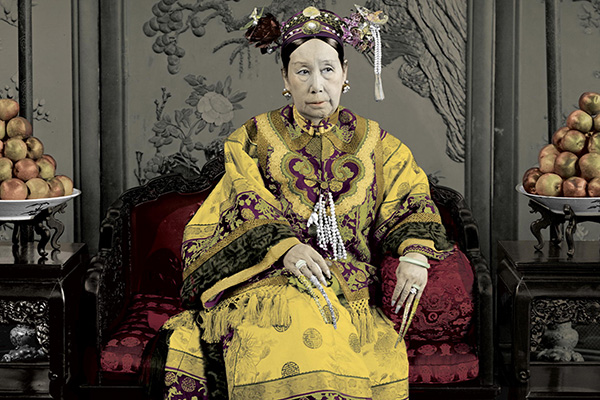Empress Dowager Cixi
By Jung Chang
The truth is probably not nearly so neatly a modern morality tale. Chang has been criticised for portraying Cixi as a proto-feminist heroine, and writing with a tone bordering on adulation while whitewashing away her cruelties and stupidities. These criticisms seem a little peculiar to me. Anyone who is naïve enough to take any one historian’s work as a holy font of the whole shining truth, isn’t interested enough in history for it to matter whether their mental image of Empress Dowager Cixi is skewed. If someone must have the wrong idea, it seems clear that Chang’s portrayal of Cixi is much less skewed than the more traditionalist portrayal of Cixi as a cruel, dim, murderous whore. Maybe my standards of whitewashing are far too high, but I sincerely hope that when people are writing propaganda about me they’ll make more of an effort to gloss over my vanity, mistakes and greed. Also, I’ll need them to be a bit more apologetic about the time I had a woman thrown into a well while she begged for help; Chang explains Cixi’s probable reasoning for doing exactly that, but I didn’t feel she was struggling desperately to justify it the way a wilfully blind hero-worshipper would.
Anyway, unless you are a historian dedicated to Chinese history – good job, you – in which case you would’ve almost certainly already read this book and formed your own opinion, Chang’s mysterious inability to write a near four-hundred page book about a subject towards which she felt perfect neutrality shouldn’t concern you greatly. Empress Dowager Cixi is interesting, both as a book and a person. China at the time of Cixi’s rule has aspects as fascinatingly alien as anything you’ll find in high fantasy. Some of Cixi’s political manoeuvring is so audacious, and comes off so successfully, you’d condemn it in fiction as authorial favouritism, and the knowledge that the truly atrocious things that happen in this book did genuinely happen, to actual people, grants them a gravitas that no fiction ever has. All that, and the story would be worth reading, even if it wasn’t real.
Jung Chang is giving a talk about the writing of Dowager Empress Cixi at 2pm, Sunday 9 March, at the College of Education Auditorium. Tickets are available from the University Bookshop for $10. Read. Go. Learn.







